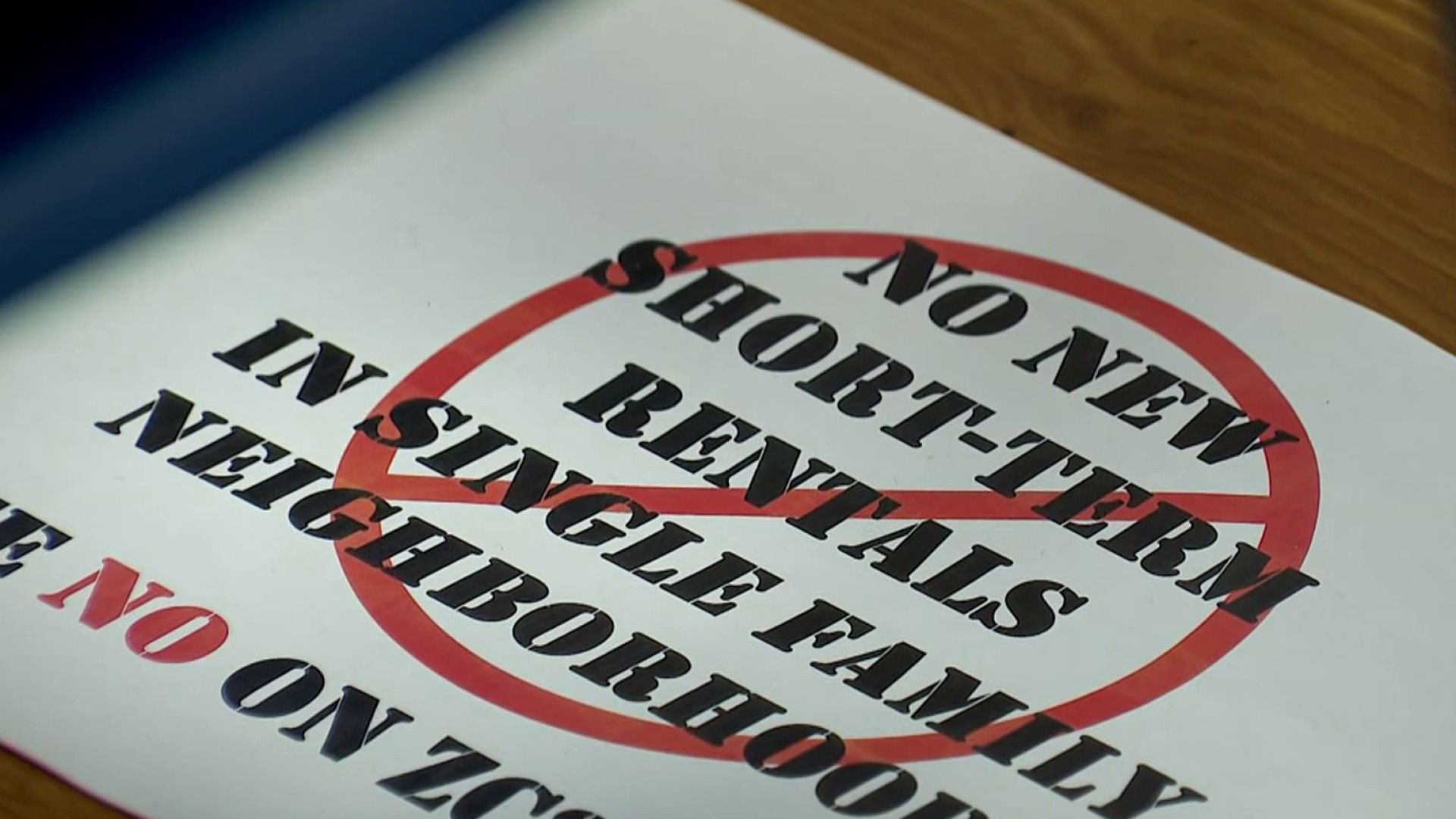A Fort Worth woman is behind bars after court documents describe an “elaborate sweetheart swindle” in which investigators say Lorraine Rew conned an elderly Indiana man into sending her more than $1 million.
An affidavit filed in Tarrant County Tuesday outlines a saga that began on Twitter where investigators said Rew struck up a relationship with David Tieman who “empathized with Rew’s story that her daughter needed help paying medical expenses.”
In the span of a year-and-a-half, Tieman told investigators that he sent Rew approximately $1,200,000, mostly from his personal IRA, along with a mutual fund, checking and savings accounts, cash advances and personal loans.
"Unfortunately, online dating creates great opportunities for scammers,” said Federal Trade Commission Regional Director Matthew Wernz.
Get DFW local news, weather forecasts and entertainment stories to your inbox. Sign up for NBC DFW newsletters.
Wernz said romance scams are on the rise, costing Americans $1,300,000,000 over the last five years. That's more than any other kind of fraud.
While the increase in cases is most striking for people ages 18 to 29, Wernz said the reported median loss is highest for those 70 and older.
"The numbers are so great that it really is a testament to how easy it is for someone to get lured into a romance scam, even if they're not actively looking for dating opportunities online. Scammers often use really pressing needs that they have for money to convince someone of their needs,” he said.
Local
The latest news from around North Texas.
In this case, the affidavit shows a text thread in which Rew asked for a total of $20,000 for heart medication, telling Tieman, “Unless I don't get my meds, I won't be around then."
Tieman responded "Ugh, honey. I'm trying honey.”
He eventually sent her the money via Cash App.
It was just some of the hundreds of thousands he told investigators Rew said would be reimbursed by her insurance provider, Cigna.
But according to court documents, “A Cigna representative informed law enforcement officers that neither Rew nor her daughter had accounts from November 1, 2019, through April 1, 2022.”
Investigators also found that during that time, Rew moved money for gambling, visiting casinos in Oklahoma 324 times between December of 2019 and April of 2022 racking up millions in earnings.
Friday, Tieman told NBC 5 he's been advised not to comment.
For others, the FTC recommends people to never send money to those they haven't met, to be leery of requests for credit card numbers, wire transfers or cryptocurrency and to always talk with trusted friends.
“Oftentimes, just the act of describing to someone else what it is that you're dealing with can help you realize that you're involved in scam,” said Wernz.
Friday, Rew’s attorney declined to comment.
The Tarrant County District Attorney’s office said it does not comment on ongoing cases. And the U.S. Postal service, the arresting agency in the case, hasn’t responded to NBC 5’s request.




